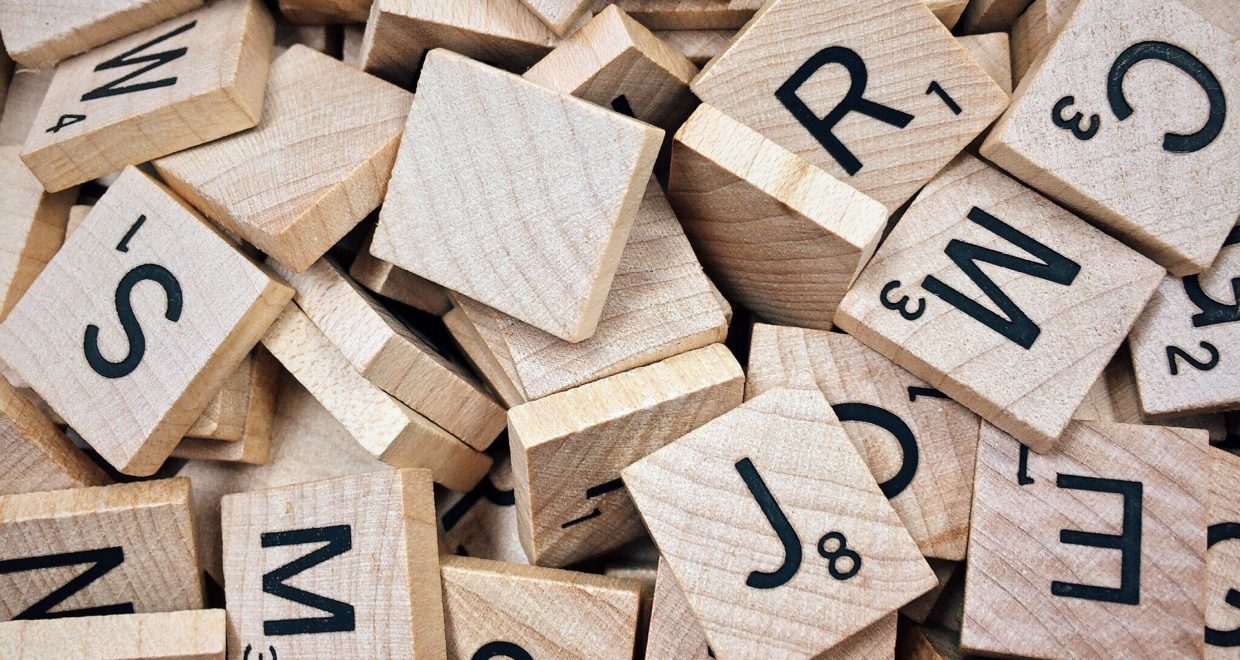2020: The Words We Lived By
With the year drawing to a close, I’ve been contacted by several journalists who’ve asked me, “What is the word of the year for 2020?”
This year has definitely been an eventful and memorable one, so there are many contenders for this title.
Several dictionaries and sources have already named their word of the year. Both Dictionary.com and Merriam Webster chose the word “pandemic.” In 2020, MerriamWebster saw a 115,806% spike in traffic for “pandemic” over its 2019 searches in March, when the World Health Organization declared COVID-19 a pandemic. Pandemic, Coronavirus, ‘rona, covid, and virus are all salient words for this year, because COVID19 has quickly made these words a core part of our everyday life and language.
Cambridge Dictionary announced “quarantine” as word of the year, while the Collins Dictionary elected “lockdown.”, These have been in common use, along with isolate and shelter-in-place. As a society we’ve also talked a lot about public health measures, including masks, hand washing, social distancing, flattening the curve, and contactless (forms of payment and delivery).
This year we’ve incorporated many technical terms into our everyday language, including incubation, PPE, asymptomatic, intubate, antibodies, and patient zero. Infectious, contagious and symptoms are a part of our regular vocabularies. We’ve feared outbreaks, waves, and spikes in cases, and we’ve hoped for and discovered a vaccine.
We’ve created new words to describe our experiences, often with an admirable sense of humor, including quaracleaning, quarabaking, maskne, covidiot, and doomscrolling. We’ve invoked terms to describe pandemic behaviors, like super spreader, price gouging, and hoarder (specifically of food, toilet paper, or hand sanitizer). We’ve also sought words to describe the upheaval of this year: dumpster fire, apocalyptic, and roller coaster (or a coronacoaster, as the case may be.)
Our world as we’ve known it has changed because of this pandemic. As our working lives have been affected we’ve talked about the new normal, essential workers, economic stimulus, online learning, and remote, while it’s become common to work from home.
2020 has seen an emphasis on the pandemic, but it has also been a time of social unrest in which we’ve faced protests, the US presidential election, and extreme climate change. As a result, many words and phrases have become part of our regular vocabulary, such as systemic racism, Black Lives Matter, BLM, climate emergency, and the “Karen” stereotype.
Dictionary.com named “unprecedented” its People’s Choice word of the year. We’ve all heard this word used a lot, to the point where it’s become cliched, but it’s somewhat inaccurate. Unprecedented has been defined as “without previous instance; never known before or experienced; unexampled or unparalleled.” The events of this year are perhaps not unprecedented, but unprecedented in our time.
We’ve been referring to COVID-19 as the pandemic, but in terms of history it’s a pandemic, just like the Black Death, Ebola, and Swine Flu. In particular, 2020’s pandemic is eerily similar to that of 1918-20, during the time of Spanish influenza. Both eras faced a global pandemic, high mortality rates, business closures, social distancing, quarantining, wearing masks, denialism, political unrest, and restrictions on gatherings and holiday celebrations.
Sometimes history really does repeat itself.
Language is constantly evolving, but this year it seems we’ve been paying more attention to new words and changes in language.
So … which is the “correct” word of the year? Well, all of these words and more are fitting, but there is no single word that can sum up 2020.
These are only some of the words and phrases that reflected our shared experiences and defined our lives during this challenging year. Some of them are here to stay, while others will drop out of use over time, as we move forward into a new year, and hopefully, a brighter future.
Karen Stollznow is the author of the new book, “On the Offensive: Prejudice in Language Past and Present.”




